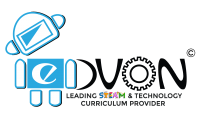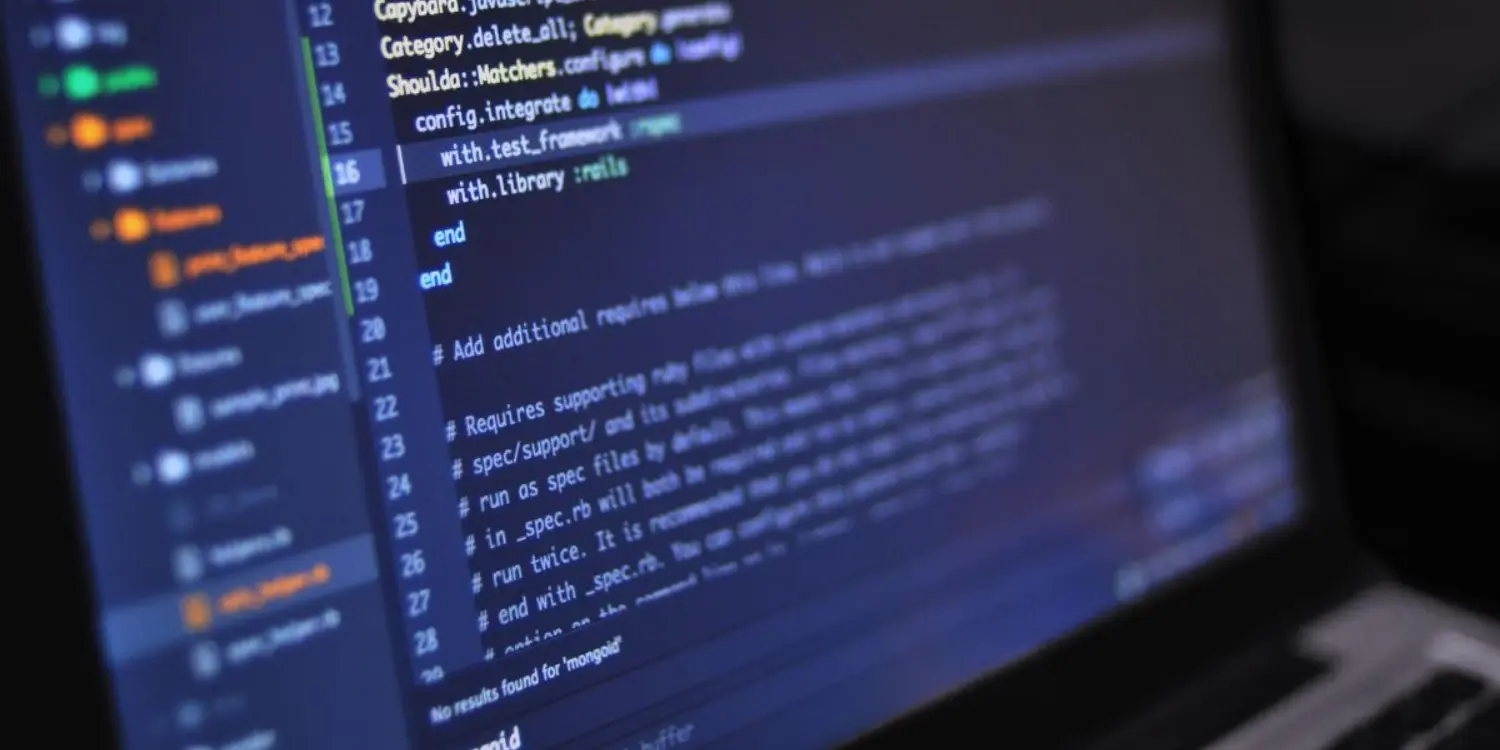Exploring the Impact of Coding on Problem-Solving Skills in Students
In today’s rapidly evolving world, problem-solving skills are more crucial than ever. From navigating the complexities of daily life to tackling academic challenges like writing a term paper, the ability to break down problems, analyze solutions, and think critically is a cornerstone of success. Enter coding: the language of computers, but also a powerful tool for sharpening young minds and fostering essential problem-solving skills. This article delves into the impact of coding education on students, exploring how writing lines of code translates into real-world problem-solving capabilities.
Why Problem-Solving Matters: Beyond the Classroom
Problem-solving skills are not confined to the classroom walls. They are the building blocks for critical thinking, adaptability, and resilience – qualities that pave the way for success in various aspects of life:
- Academic Achievement: Strong problem-solving skills bolster academic performance across disciplines. From dissecting mathematical equations to crafting a persuasive argument in an essay, students who can think logically and systematically are better equipped to tackle academic challenges.
- Workplace Readiness: Employers increasingly value strong problem-solving skills. The ability to analyze problems, identify potential solutions, and think creatively are essential for navigating the complexities of the modern workplace.
- Lifelong Learning: The world is constantly changing, and the ability to adapt and learn new things is paramount. Strong problem-solving skills empower individuals to approach challenges with a growth mindset, readily tackling new problems and acquiring new knowledge throughout their lives.
Coding: A Gateway to Problem-Solving Prowess
Coding education goes beyond learning a programming language. It equips students with a valuable toolkit for problem-solving, fostering essential cognitive skills:
- Computational Thinking: At the heart of coding lies computational thinking, a problem-solving methodology that breaks down complex tasks into smaller, manageable steps. Students learn to define problems, design algorithms (step-by-step instructions), and implement solutions through code. This structured approach translates into a more systematic way of approaching problems in all aspects of life.
- Logical Reasoning: Coding is all about logic. Students learn to construct clear and concise instructions that the computer can understand. This continuous process of defining parameters, identifying potential errors (bugs), and debugging code fosters strong logical reasoning skills – a valuable asset for critical thinking and analysis.
- Creativity and Innovation: While coding might seem technical, it’s also a creative process. Students experiment with different approaches, explore various solutions, and come up with innovative ways to achieve desired outcomes. This fosters creativity and encourages them to think outside the box when tackling challenges.
- Perseverance and Resilience: Coding can be challenging. Students encounter errors (bugs) in their code that need to be identified and fixed. This process requires perseverance, resilience, and the ability to learn from mistakes. These qualities are critical for overcoming obstacles and achieving success in any field.
Beyond the Code: Transferable Skills for Academic Success
The benefits of coding education extend beyond the digital realm, positively impacting other areas of academic learning:
- Improved Math Skills: Coding reinforces core mathematical concepts like logic, variables, and algorithms. Students who code are better equipped to grasp complex mathematical principles and apply them to solve problems.
- Enhanced Writing Skills: Coding requires clear and concise communication. Students learn to break down instructions into logical steps, which translates into improved writing skills – especially when crafting clear and well-structured essays or research papers.
- Scientific Inquiry: The scientific method emphasizes observation, hypothesis creation, experimentation, and analysis. Coding mirrors these steps, as students debug their code through a process of trial and error, analysis, and refinement. This fosters critical thinking skills applicable to scientific inquiry and research projects.
Coding Can Make Writing Term Papers Less Daunting
Take the seemingly daunting task of writing a term paper. Coding can help students approach this challenge with a more structured and efficient mindset:
- Breaking Down the Task: Coding teaches students to break down complex tasks into smaller, manageable steps. This skill can be applied to writing a term paper by outlining and structuring research, organizing arguments, and managing the writing process effectively.
- Critical Thinking and Analysis: Coding fosters critical thinking skills necessary for evaluating sources, analyzing information, and constructing a strong argument in a term paper.
- Organization and Planning: Coding requires meticulous planning and organization of code. This translates into improved planning skills for writing a term paper – organizing research data, outlining arguments, and ensuring a clear and logical flow of ideas.
Implementation and Considerations: Integrating Coding into Education
As the benefits of coding become increasingly recognized, integrating it into traditional education systems is gaining momentum. However, some considerations are essential:
- Age-Appropriate Learning: Coding education should be tailored to different age groups. Start with basic concepts like block-based coding for younger students, where they visually drag and drop code blocks to create simple programs. As students progress, they can move on to more text-based languages like Python or Javascript, allowing for greater complexity and control.
- Making it Fun and Engaging: Learning shouldn’t feel like a chore. Coding education should be presented in a fun and engaging way, incorporating games, gamification elements, and interactive activities. This keeps students motivated and fosters a love for learning.
- Teacher Training and Support: For effective implementation, teachers need proper training and ongoing support in integrating coding into their curriculums. This ensures they have the necessary skills and resources to guide students effectively in their coding journey.
- Accessibility and Equity: Coding education shouldn’t be a privilege for the few. Efforts should be made to ensure equitable access to coding programs and resources for all students, regardless of socioeconomic background.
Coding for a Brighter Future
Equipping students with strong problem-solving skills is an investment in their future success. Coding education, with its emphasis on computational thinking, logical reasoning, and creative problem-solving, provides students with a valuable toolkit that extends far beyond the digital realm. From tackling academic challenges like writing a term paper to navigating the complexities of the workplace, the benefits of coding education are undeniable. As we move towards an increasingly technology-driven future, fostering a generation of skilled problem solvers through coding education is no longer just an option; it’s a necessity. So, let’s embrace the power of coding and empower young minds to build a brighter future, one line of code at a time.









